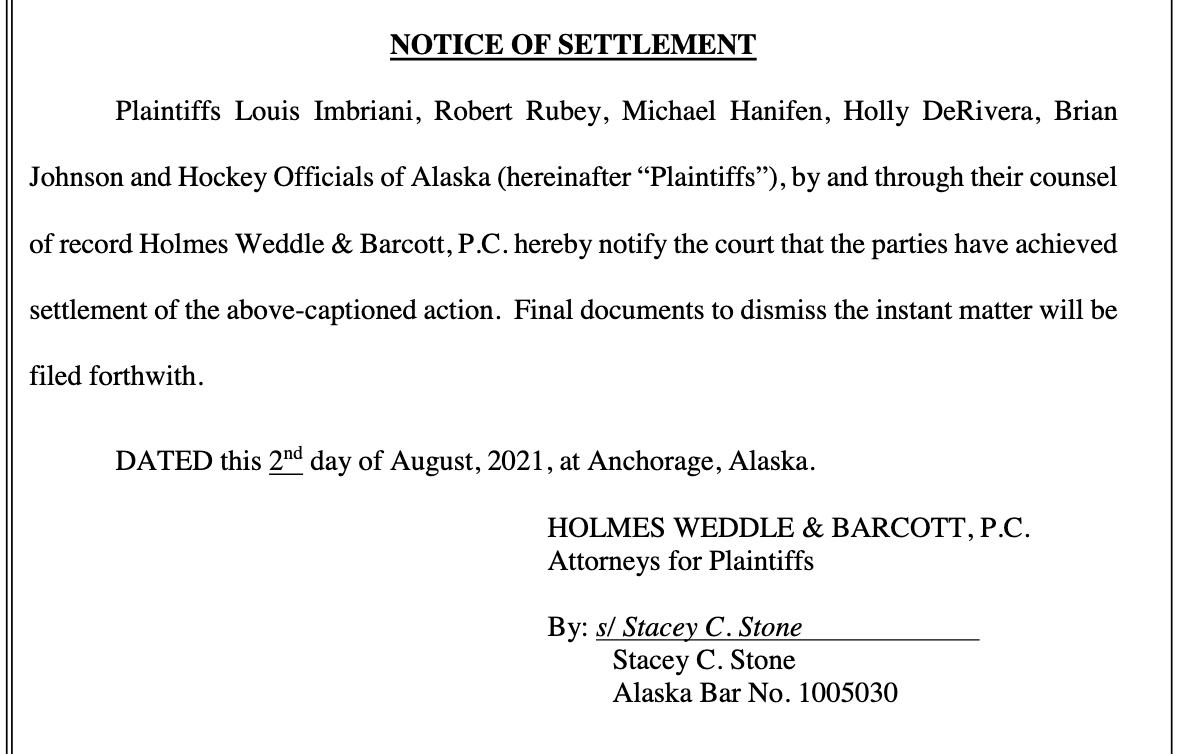
BREAKING: The @FBIAnchorage has charged a Kasilof resident with making unlawful Threatening Interstate Communications for allegedly sending bomb and other death threats to individuals in Vermont. #aklaw 
https://twitter.com/AK_cases_bot/status/1437152612206350336

The dude called the Massachusetts State Police and said he was going to bomb them. The MSP asked if he was threatening them, and he said "Damn fucking right, I am." AMAZING. @SeamusHughes 

Tarball had a ticket to fly to Vermont on September 11. It's not clear if he's been arrested yet. There's no notice of arrest on the docket. 

Tarbell got a ticket from the Alaska State Troopers in May for driving a motorcycle without a license. 

• • •
Missing some Tweet in this thread? You can try to
force a refresh





















